|
I had coffee yesterday with a friend who is a senior newsroom leader at a major Canadian news organization. We were lamenting about the phenomenon known as “news avoidance” – media outlets have seen their viewership numbers drop over the last couple of years as people turn away from stories about politics, the pandemic, wars and other tough topics.
That discussion over coffee brought to mind an email exchange I had recently with one of our loyal readers about a story we once published on the social lives of squirrels. She mentioned that it was a welcome relief from some of the heavier stories we publish on a regular basis. And of course, yesterday was Groundhog Day – the one day on the calendar dedicated to an animal. In Canada, Wiarton Willie, Shubenacadie Sam and Fred la marmotte all predicted an early spring. So did Punxsutawney Phil in Pennsylvania.
For your weekend reading, I’ve assembled a collection of animal stories – including some archive pieces on Groundhog Day and a story we published this week on new research about an ancient fish with a bad overbite.
If the groundhogs are right, maybe we’re a bit closer to those hot and hazy dog days of summer. Until then, stay warm. We’ll be back in your Inbox on Monday.
|
Weekend Reads: Animal Stories
|
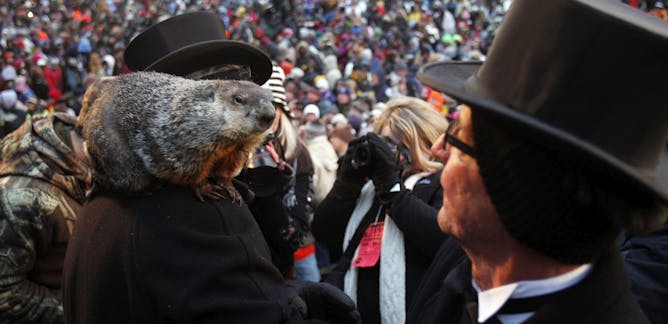
Mike Jeffries, Northumbria University, Newcastle
Are they really the animal kingdom’s very own Nostradamus?
| |
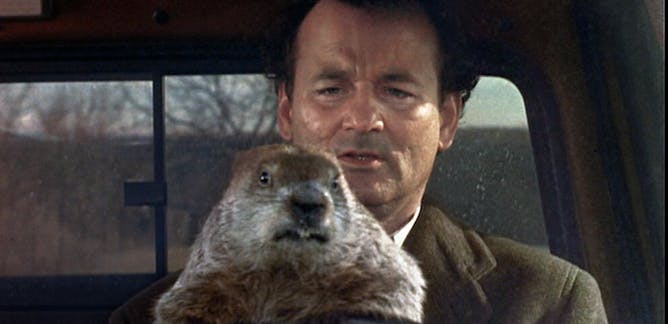
Adam Daniel, Western Sydney University
On a Monday morning in September of 2021, I sat down on my couch and hit play.
|
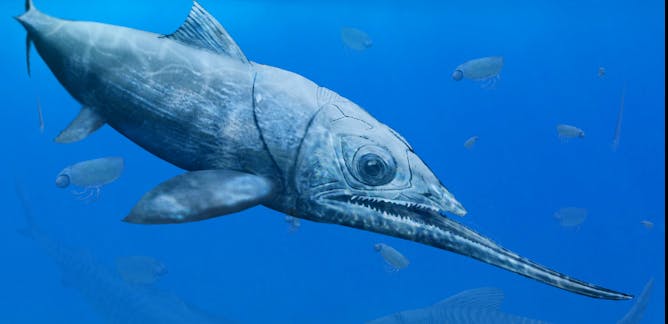
Melina Jobbins, University of Zurich; Christian Klug, University of Zurich; Martin Rücklin, Leiden University
What paleontologists had believed to be spiny fins turned out to be elongated jaws. New examination of fossils that were 365 million years old revealed a fish with a remarkable lower jaw.
| |
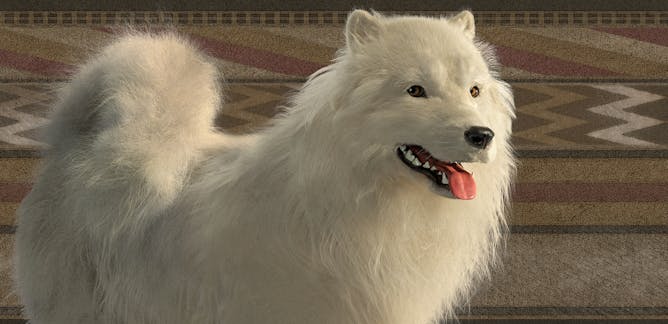
Audrey T. Lin, Smithsonian Institution; Chris Stantis, University of Utah; Logan Kistler, Smithsonian Institution
Dogs have lived with Indigenous Americans since before they came to the continent together 10,000 years ago. A new analysis reveals the lineage of one 1800s ‘woolly dog’ from the Pacific Northwest.
|
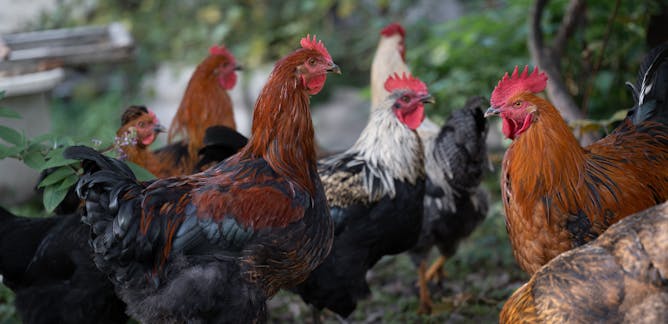
Suresh Neethirajan, Dalhousie University
Artificial intelligence can process large amounts of chicken vocalizations, identifying patterns in the birds’ communications.
| |
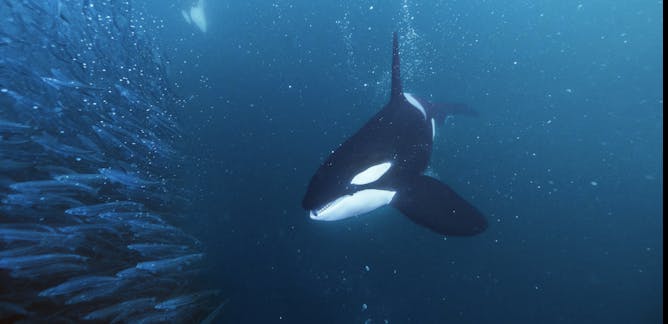
Anaïs Remili, McGill University
The accumulation of synthetic pollutants found in the blubber of killer whales is impacting the marine mammals’ health. Urgent action is needed to tackle the issue.
|
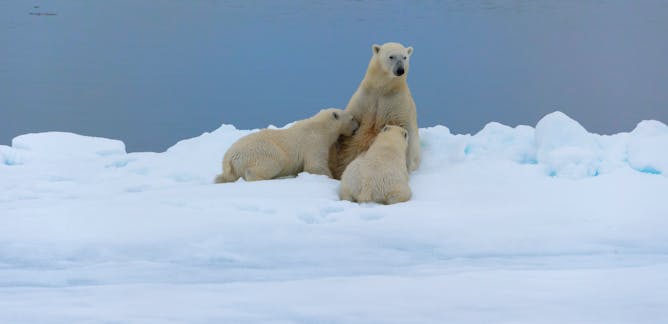
Louise Archer, University of Toronto
Climate change has affected food availability for polar bears, which can impact polar bear mothers’ ability to lactate.
| |
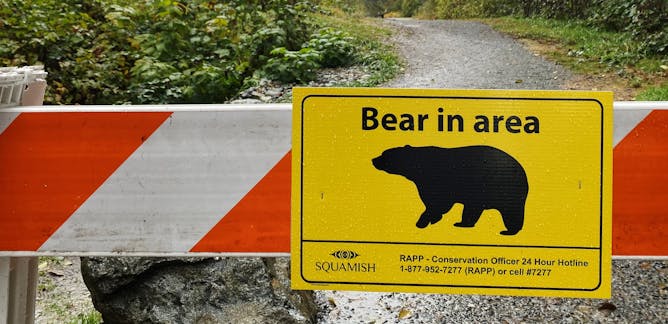
Douglas Clark, University of Saskatchewan
We need to understand how bears are affected by climate change, and how those stresses might create new risks for humans.
|
|
|

Fritz Holznagel, The Conversation
Test your knowledge with a weekly quiz drawn from some of our favorite stories.
|
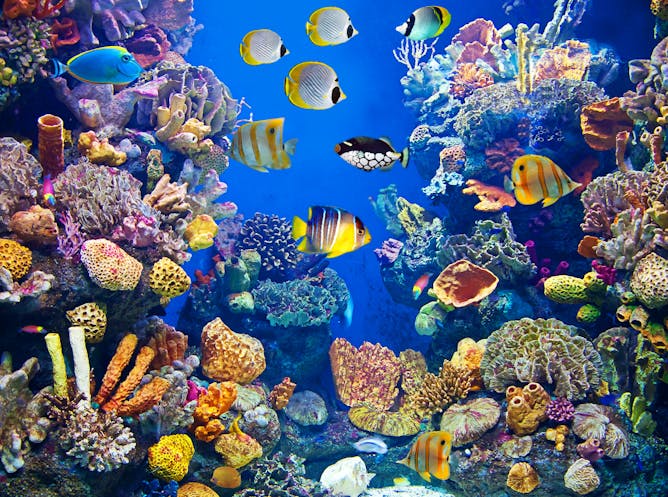
Gemma Ware, The Conversation
Stephen Garnett takes us inside a scientific spat about how to govern the naming of new species. Listen to The Conversation Weekly podcast.
|